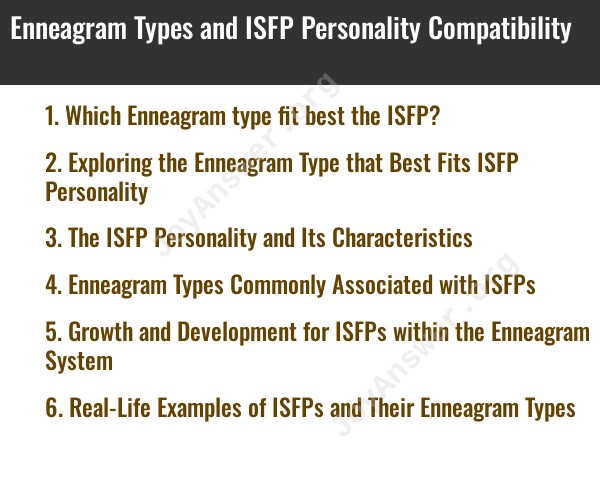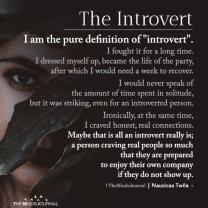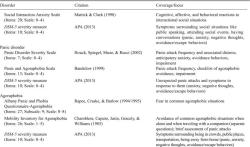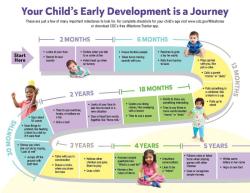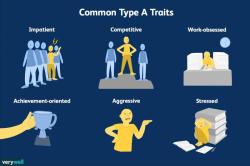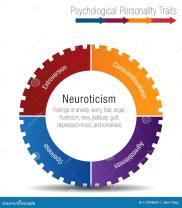Which Enneagram type fit best the ISFP?
The compatibility between an ISFP (Introverted, Sensing, Feeling, Perceiving) personality type and specific Enneagram types can vary based on individual preferences and personal growth. The Enneagram is a personality system that describes nine core personality types, each with its unique characteristics, motivations, and tendencies. Here's an overview of how certain Enneagram types might relate to or complement the ISFP personality:
Enneagram Type 4 (The Individualist): ISFPs and Type 4 individuals may share a strong focus on individuality and self-expression. Both types value authenticity and may appreciate each other's creative and artistic qualities. However, Type 4's tendencies toward introspection and a quest for identity might sometimes conflict with ISFPs' preference for living in the present and avoiding too much self-analysis.
Enneagram Type 6 (The Loyalist): ISFPs may find compatibility with Type 6 individuals in their shared loyalty and dependability. Type 6s often seek security and support in their relationships, which can align with ISFPs' desire for harmonious and supportive connections.
Enneagram Type 7 (The Enthusiast): ISFPs and Type 7 individuals may enjoy each other's spontaneity and sense of adventure. Both types can be fun-loving and open to new experiences. However, Type 7's desire for excitement and avoidance of discomfort may sometimes conflict with ISFPs' more easygoing and laid-back nature.
Enneagram Type 9 (The Peacemaker): ISFPs and Type 9 individuals might find compatibility in their shared desire for harmony and avoidance of conflict. Type 9s are often accommodating and easy to get along with, which can align with ISFPs' preference for maintaining a peaceful environment. However, both types may need to ensure they communicate openly and avoid suppressing their true feelings.
It's important to remember that Enneagram types are just one aspect of personality, and individuals are unique. Compatibility in relationships depends on various factors, including personal values, communication styles, and emotional intelligence. ISFPs may have harmonious relationships with individuals of different Enneagram types, depending on the individuals' level of self-awareness and personal growth.
Ultimately, the compatibility between an ISFP and an individual of any Enneagram type can be influenced by the specific dynamics of the relationship, mutual understanding, and the willingness of both parties to work on their connection. People are complex, and while personality frameworks like the Enneagram can provide insights, they do not determine the success or failure of a relationship.
Exploring the Enneagram Type that Best Fits ISFP Personality
The ISFP (Introverted, Sensing, Feeling, Perceiving) personality type, commonly known as the Adventurer, is characterized by their introspective nature, strong connection to the present moment, and deep appreciation for beauty and sensory experiences. While the Enneagram is a separate personality system from the Myers-Briggs Type Indicator (MBTI), there are some connections between the two systems.
The ISFP Personality and Its Characteristics
ISFPs are known for their:
Introversion: They prefer spending time alone or with a small group of close friends rather than large crowds.
Sensing: They focus on the concrete and tangible aspects of the world, paying attention to details and sensory experiences.
Feeling: They make decisions based on their emotions and values, placing a high value on empathy and compassion.
Perceiving: They prefer flexibility and spontaneity, enjoying new experiences and adapting to changing circumstances.
Enneagram Types Commonly Associated with ISFPs
Based on the characteristics of ISFPs, two Enneagram types are commonly associated with this MBTI type:
Enneagram Type 4: The Individualist: Type 4s are known for their authenticity, creativity, and emotional depth. They seek to express their unique individuality and find meaning in their personal experiences.
Enneagram Type 9: The Peacemaker: Type 9s are known for their calm demeanor, ability to see multiple perspectives, and desire for harmony. They strive to avoid conflict and maintain peace and stability in their relationships.
Growth and Development for ISFPs within the Enneagram System
The Enneagram system provides a framework for understanding personal growth and development. For ISFPs, both Enneagram Type 4 and Type 9 have specific areas for growth and potential challenges.
Enneagram Type 4 Growth:
Healthy Expression of Emotions: Balancing emotional intensity with self-awareness and emotional regulation.
Connecting with Others: Overcoming emotional isolation and building deeper connections with others.
Finding Meaning in Everyday Life: Expanding their focus beyond personal experiences to find meaning in broader contexts.
Enneagram Type 9 Growth:
Asserting Individuality: Balancing the desire for harmony with asserting their unique identity and values.
Expressing Emotions: Overcoming emotional repression and expressing their emotions in a healthy and authentic way.
Taking Action: Overcoming inertia and taking proactive steps to achieve their goals and desires.
Real-Life Examples of ISFPs and Their Enneagram Types
Some famous individuals identified as ISFPs include:
Enneagram Type 4: Michael Jackson, Prince, Audrey Hepburn
Enneagram Type 9: Kurt Cobain, John Lennon, Jennifer Lawrence
It's important to note that these are just examples, and not all ISFPs will identify with one specific Enneagram type. The Enneagram is a complex system, and individuals may exhibit traits from multiple types.
